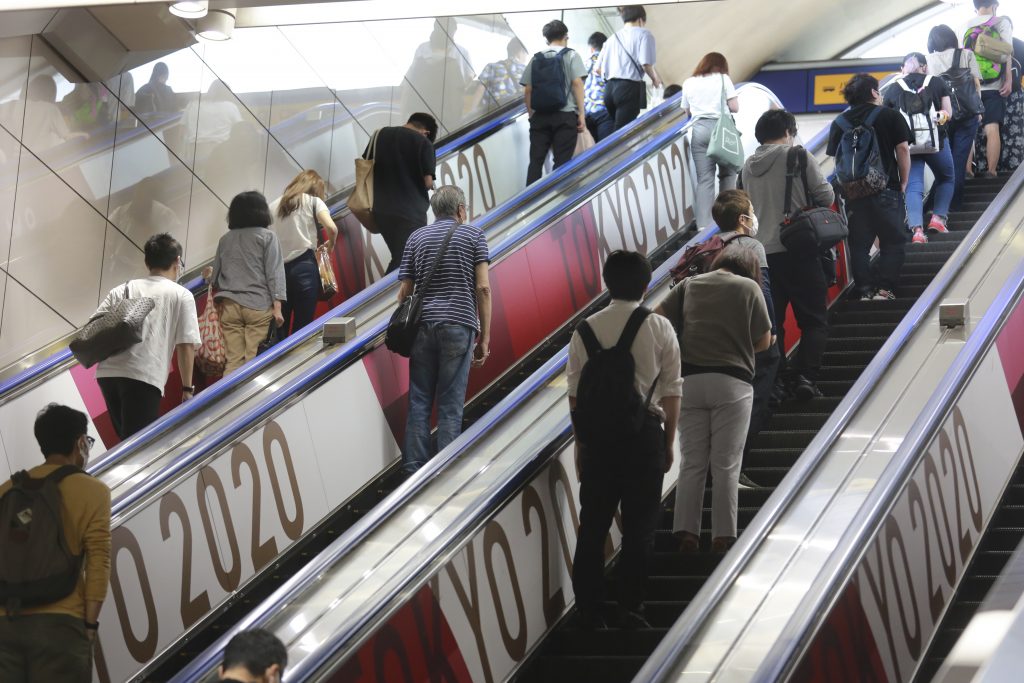
- ARAB NEWS
- 12 Jul 2025

TOKYO: With the Tokyo Olympics attracting a lot of public attention in Japan, some people who are not interested in the Games, or sports in general, are feeling uncomfortable or even harassed.
As Japanese athletes pull off superb performances at the Tokyo Olympics, which opened Friday after a one-year postponement due to the new coronavirus pandemic, excitement is growing in Japan, even though many in the country had been showing opposition to the staging of the Games amid the virus crisis.
“I’m sick of Olympic talk,” a person said in a Twitter post. “I’m treated as being unpatriotic at work,” another Twitter post read.
Such posts with hashtags, including “#olympicharassement”, started increasing on Twitter around the time of the opening ceremony for the Tokyo Olympics.
Many of the people posting such comments are believed to be those who simply have no interest in the sporting event, rather than those strongly opposing it.
Tsunehira Furuya, a writer, is one of those alarmed by the atmosphere in which there is an automatic assumption that people must be excited about the Games.
Furuya, who is not a fan of sports, has always wondered why sports get special attention.
“There’s a certain number of people who try to distance themselves from festivities such as World Cups or Halloween,” said Furuya.
Noting that the Tokyo Olympics had drawn strong opposition from the public, Furuya stressed that it is not a small group of people who are not interested in the Games.
“I want to keep saying that it’s strange to force emotions on others,” Furuya added.
Doshisha University professor Hajime Ota, who specializes in organization theory and studies peer pressure, said that in Japan, people tend to follow majority opinions and those with different opinions find it difficult to make objections.
Some apply pressure on others to conform by mixing up public settings with peer groups, criticizing workplace colleagues for not watching the Olympics, for example, Ota said. The professor stressed the importance of drawing a line between the two different settings.
JIJI Press